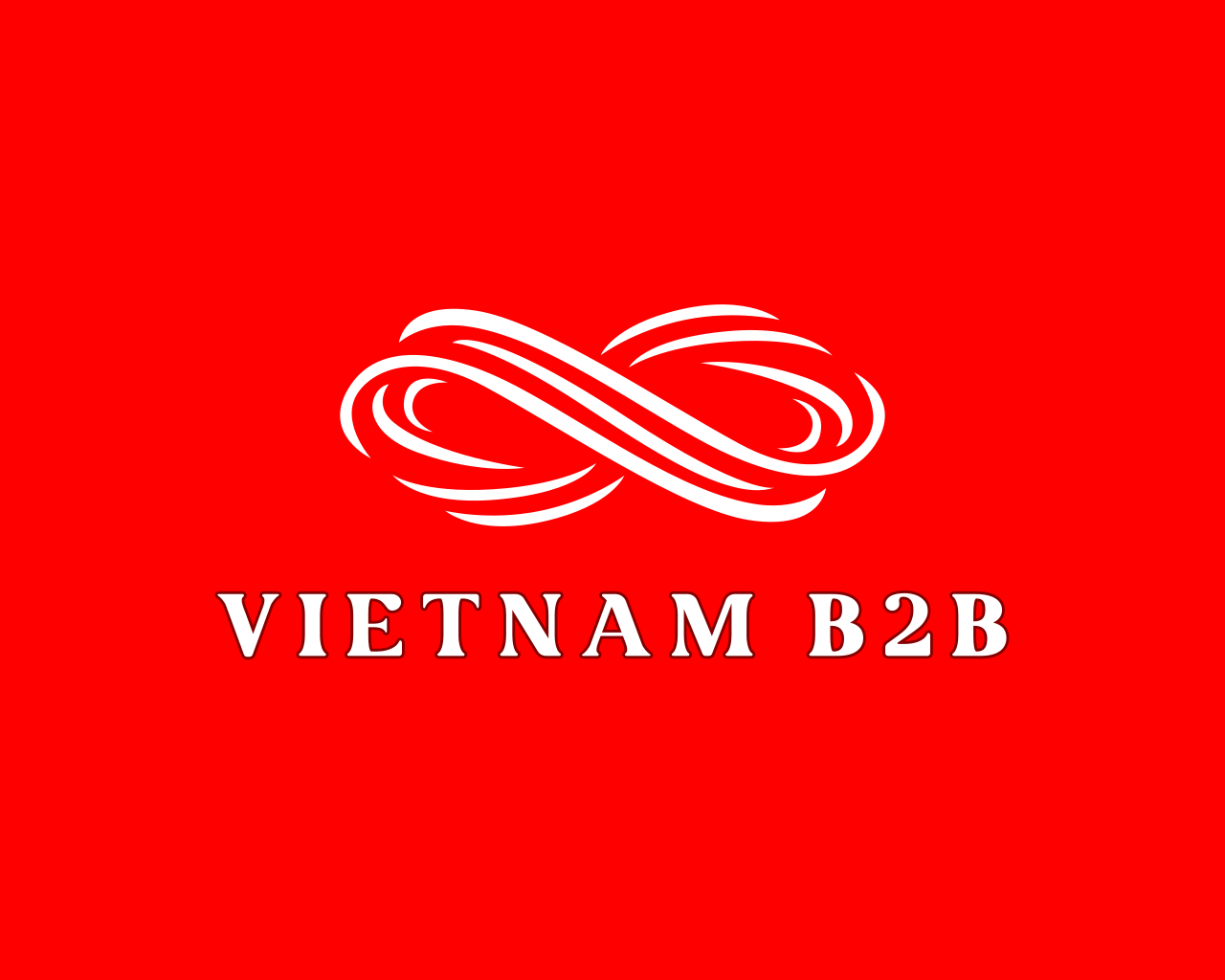The findings from the AHK World Business Outlook survey for Fall 2023, disclosed on November 21, offer a glimpse into German investor sentiment globally and specifically in Vietnam. Conducted between September 25 and October 20, the survey delved into the current and expected business conditions, investment plans, and the challenges German enterprises face in Vietnam.
In the last 10 months, Germany has notably increased its investment footprint in Vietnam, launching 26 new projects with a total investment nearing $221.5 million. This surge in activity underscores German confidence in the Vietnamese market and cements Vietnam’s status as a key investment hub in Asia.
Vietnam’s appeal as a dynamic and strategic investment locale is reinforced by the survey’s findings, which signal German businesses’ interest in adopting the China+1 strategy, particularly with an eye on eco-friendly investments. Vietnam’s readiness to embrace such initiatives offers a fertile ground for growth, diversity, and sustainable operations.
The survey reveals that 42% of German firms in Vietnam are looking to diversify their production and manufacturing operations, reflecting a strategic emphasis on expanding their production capabilities. This is closely followed by investments in sales and marketing (41%), services (35%), and logistics (31%), highlighting a multi-faceted business expansion strategy.
Key factors influencing local investment decisions include the Vietnamese market’s growth potential (50%), the importance of customer proximity and local market integration (43%), and the availability of skilled labor (37%).
Despite the optimistic outlook, German companies in Vietnam face challenges, with nearly half citing low global demand as a significant concern. Skill shortages and supply chain disruptions are also significant issues, affecting 41% and 37% of companies, respectively. Additionally, economic policy uncertainties, energy costs, and financing difficulties are areas of concern for some.
German firms and those with strong German ties show varying preferences for international locations, influenced by factors such as inflation, commodity and energy prices, and interest rate hikes in the Eurozone and the US. China’s diminishing demand and geopolitical risks also play a role in shaping business operations.
The survey, which included responses from over 3,600 companies, indicated a dip in optimism among German companies regarding the economic prospects of their international locations compared to the optimism levels in Spring. The global economic downturn and rising interest rates have led to more conservative investment intentions. Nevertheless, these companies are still pursuing more aggressive expansion strategies abroad than within Germany, as evidenced by comparing the AHK World Business Outlook data with the DIHK economic survey results.
